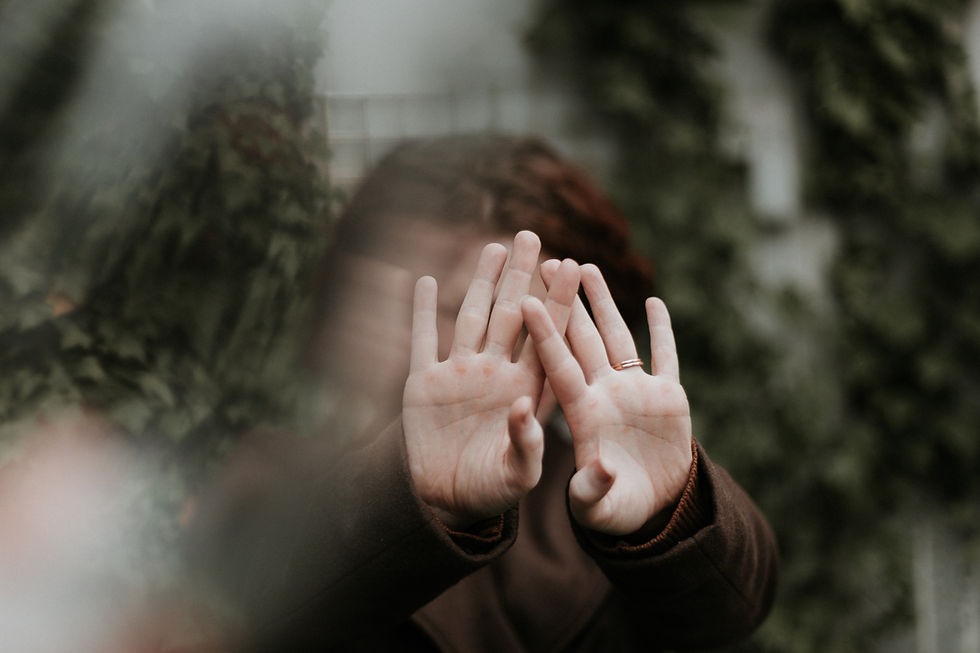Anxious Attachment Style? Here’s How It Plays Out in Bed
- Filip
- Sep 2, 2025
- 2 min read
Attachment theory is the personality quiz that never stops being relevant. It doesn’t just shape how you text your crush back (or don’t). It also sneaks under the sheets, influencing what turns you on, what scares you, and why that one-night stand you swore was casual suddenly feels like a marriage proposal in your head.
If you’ve got an anxious attachment style, your bedroom habits might be whispering the same story your heart has been shouting since childhood: “Please don’t leave me.”

The Bedroom Patterns of the Anxiously Attached
Sex as reassurance. For the anxiously attached, sex can feel less like “play” and more like “proof.” You might crave intimacy not only because it feels good, but because it confirms you’re wanted, chosen, safe.
Over-reading signals. If your partner rolls over after sex, you might spiral. Was it you? Did they not enjoy it? Cue hours of mental replay like a director obsessed with bad reviews.
Intensity seeking. Quick hookups might not cut it. You crave deep, almost cinematic connection—the kind that feels life-or-death, even if it’s a Tuesday.
Emotional kink. Sometimes, the anxious-attachment brain finds safety in intensity. That could look like wanting constant eye contact, being “praised” through sex (hello, praise kink), or leaning toward dynamics where you feel constantly reassured of your desirability.
The Upside Nobody Talks About
Being anxiously attached doesn’t mean you’re doomed to sweaty panic every time someone takes too long to text back. In bed, it can also mean:
Passion. You bring full-bodied emotion. Sex isn’t mechanical—it’s electric.
Empathy. You’re tuned into your partner’s micro-reactions. That sensitivity can make you an incredibly generous lover.
Bravery. Wanting closeness so badly means you’ll risk vulnerability, which is the bedrock of intimacy.
The Shadow Side
Boundary blurring. You might say yes to things you’re not fully into just to keep someone close.
Attachment to the unavailable. Anxious types often mistake sexual intensity for emotional safety, which is a cruel trick your nervous system likes to play.
Sexual burnout. Using sex as your main source of reassurance can make desire feel heavy—less about fun, more about survival.
How to Work With It (Instead of Against It)
Name it. Just acknowledging “oh, this is my anxious brain talking” can interrupt the spiral.
Separate validation from sex. Ask yourself: Do I want sex right now, or do I want closeness? Both are valid, but they’re not always the same.
Practice aftercare rituals. Whether it’s cuddling, checking in, or even a little “yes, I still like you” text the next morning—these small things can recalibrate the anxious nervous system.
Therapy & somatic tools. Breathwork, grounding exercises, or even just learning to pause before reacting can shift sex from anxious reassurance-seeking to actual pleasure.
The Big Picture
If you’re anxiously attached, sex is rarely “just sex.” It’s a referendum on your worth, a pulse-check on your relationship, a high-stakes game you never really asked to play. But it can also be a place of deep healing.
Because when someone meets your intensity, holds you in it, and doesn’t leave—your nervous system learns something new: desire doesn’t have to equal danger.





